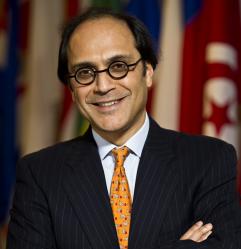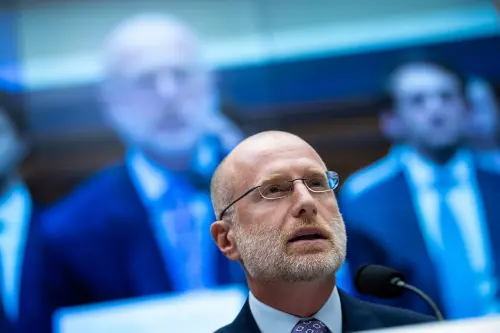Content from the Brookings Institution India Center is now archived. After seven years of an impactful partnership, as of September 11, 2020, Brookings India is now the Centre for Social and Economic Progress, an independent public policy institution based in India.
This article first appeared in The Conversation. Brookings India is an independent, non-partisan public policy research organisation based in New Delhi. The views are of the author(s).
Facebook has a world of problems. Beyond charges of Russian manipulation and promoting fake news, the company’s signature social media platform is under fire for being addictive, causing anxiety and depression, and even instigating human rights abuses.
Company founder and CEO Mark Zuckerberg says he wants to win back users’ trust. But his company’s efforts so far have ignored the root causes of the problems they intend to fix, and even risk making matters worse. Specifically, they ignore the fact that personal interaction isn’t always meaningful or benign, leave out the needs of users in the developing world, and seem to compete with the company’s own business model.
Based on The Digital Planet, a multi-year global study of how digital technologies spread and how much people trust them, which I lead at Tufts University’s Fletcher School, I have some ideas about how to fix Facebook’s efforts to fix itself.
To read more, please click here.
The Brookings Institution is committed to quality, independence, and impact.
We are supported by a diverse array of funders. In line with our values and policies, each Brookings publication represents the sole views of its author(s).










Commentary
Op-edWith the incursion of fake news, here’s what Facebook could do to really fix itself
February 2, 2018